PARENTING BEFORE BIRTH
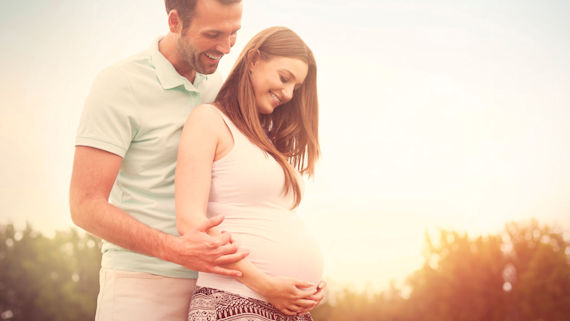
Prenatal Parenting is about parenting
your baby prior to conception, at conception, during pregnancy and birth.
In the last decades, the discoveries about the complexity of the life of a baby still in the womb are amazing!
A baby with such a short time of existence has already great awareness and sensitivity.
These investigations in the fields of medicine, neurobiology, epigenetics, physiology and psychology confirm the influence that the physical, emotional, mental and energetic environments have on the mother and her baby, bringing a new light on prenatal life.
When a woman is pregnant, her physical, emotional and psychological experiences become information that she shares with her baby through her blood’s biochemistry and the baby organizes as genetic material for his own physical and mental development. This information is recorded in each of the baby’s cells and organs and these memories or imprints become programs and have a lifelong influence on the child’s mind and character.
Even the capacity for self-love, for loving others as well as nature and life, takes root in this initial period. This is why parenting starts even before conception, from the moment you start planning on having a baby, and that is what prenatal parenting is.
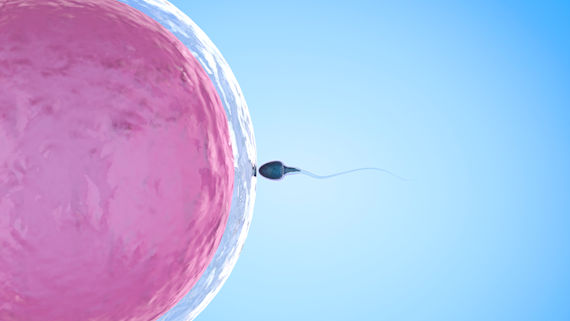
The process of welcoming a new life begins even before conceiving a child. Indeed, a wanted pregnancy starts with a shared thought, a feeling, a common desire to have a child. Our thoughts generate our reality and so it is true as we dream or imagine having a baby. From the very first moment we idealize it, our thoughts, cosmic energy and life force of nature will be directed towards creating this unique event in our lives.
At conception, the mother's and father's genes are transmitted to their baby's first cell, thus becoming the foundation of their baby's physical body. However, the science of epigenetics reveals that from conception onward, some of these genes may or may not be activated or even modified, according to the quality of the mother's inner life, as well as how she reacts to the world around her.
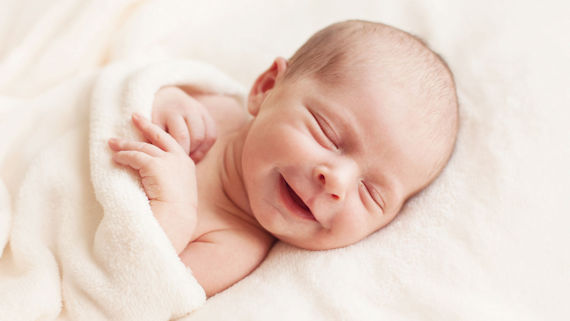
We know that the way we treat our babies, infants and toddlers will have an impact later on their lives, in the way they develop physically, emotionally and intellectually. We also know that parents and close family members are the keys to social behavior as well. Now scientific research shows us that unborn babies are as vulnerable to their environment inside the womb as when they are outside the womb. Unborn babies are conscious and sensitive beings.
We know that the physical, emotional and mental environment of the mother will influence the development of the baby, and also the way the mother is perceiving the environment where she is playing a big role in the development of her baby. The reactions of the mother introduce the baby to the outside world, the baby is perceiving what he or she should be prepared for through the mother inside signals.
Science of epigenetics can now confirm that we are not simply victims of our genetic background, and genes are not randomly activated, but they are switched on or off by an environmental trigger. This trigger can be nutrition, a toxin, an emotional impact good or bad, or stress. Even more, this environmental impact can lead to a definitive modification of a gene!
During pregnancy, the baby knows if he/she is loved or not through the endocrine system and the hormones of the mother that affect the biochemistry of the baby and create the same feelings as the mother. An unborn baby needs to feel connected, accepted and loved.
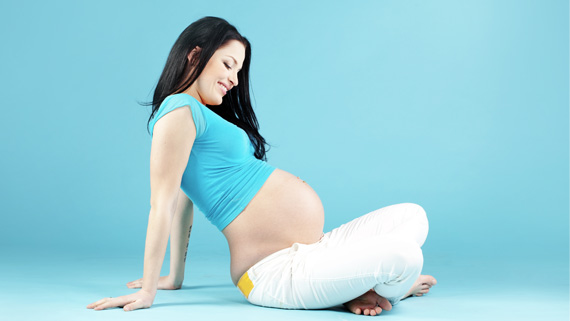
Pregnancy and the whole motherhood experience is the deepest transformational journey a mother will ever know! Women are responsible for shaping and inspiring the next generation and, in today's world, they usually found themselves between two opposite paths: being a successful working woman, putting all her efforts into our work and projects, and being a perfect, nurtured and caring mom. The reality of life can actually be far from true balance and harmony.
When a woman is informed and educated
about the big role she has in shaping her baby's development, she will also be able to make
informed choices, feel empowered and reconnect with
her creative and transforming essence,
to rediscover the sleeping force of maternal love,
maintaining calmness in turbulence, courage in adversity,
and serenity in our unbalanced human life.
We can now understand how important it is the way the mother takes care of herself
both physically and emotionally and how her experiences and feelings are shaping the
physical and psycological development of her baby.
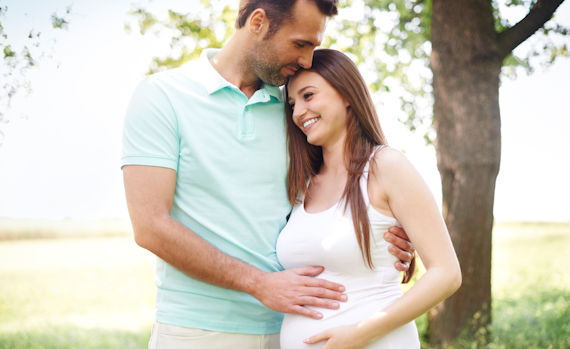
During pregnancy, we will not only see the development of our baby but also the transformational journey of a mother and a father.
The father is the protector of the environment in which
the mother is performing a most extraordinary, grandiose
task. He should be a loving companion and an inspiration to
her with his thoughts, affection and attention.
He
should strive to put his anxieties aside, be supportive,
present, express delight and experience the wonderment of
this journey.These are moments that will convey to all deep feelings of safety, the foundations of emotional and social intelligence of
their baby.
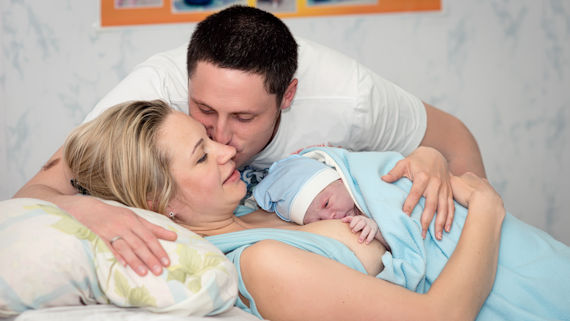
The way you welcome your baby into this world matters for you and for your baby. Our baby lived for about ten months in the womb at around 37 degrees centigrade, warm, without much light, without much sound, the womb being his home, protected by amniotic fluid, in an aquatic world without weight or resistance, rocking from side to side and moving, stretching its limbs, listening to her mother's voice and noticing the influence that his father's voice has on her through her heartbeat, hormone production and bloodstream.
The external factors being lovely managed by his mother and hardly disturbing him, and suddenly, at the moment of his birth, he finds himself in a totally new environment, light in the place of darkness, air in the place of water, noise in the place of silence. Stimulus so diverse that it requires an immediate response, and the baby has incredible adaptability.
We can try to soften this passage into a whole new and stimulating world so that this moment will not be imprinted our babies' memory as a traumatic moment but as a peaceful and happy bliss.
The mother's body acts instinctively to the pain but can also be influenced by the will of the woman who, assisted by breathing and freedom of movement, can give a more adequate response to her protection and protection of her baby. A woman should feel safe and comfortable expressing herself as she likes, being rude or sweet, shouting or being silent, putting herself in unexpected positions and following her intuition.
Birth is a powerful imprint that stays with us
throughout life, and affects the way we handle choices. We
should do our best to make this experience a respectful and
loving experience for both mother and baby.
Parenting begins before birth and knowledge and support enhance parents the confidence and the ability to make informed decisions that meet both the needs of their baby and the mother.
